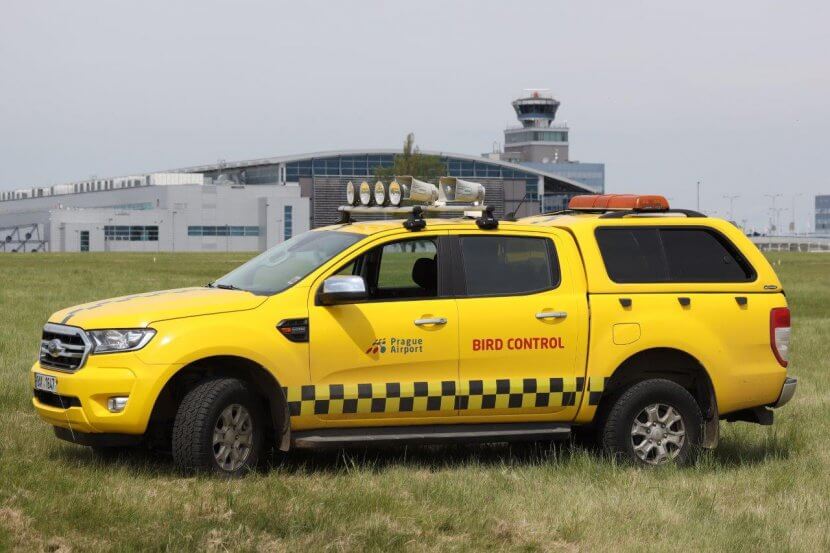Birds pose a significant danger at airports, creating potential hazards for aviation safety. The presence of birds near runways and in flight paths can lead to bird strikes, where aircraft collide with these animals during take-off or landing. These incidents may result in damage to the aircraft’s engines, wings or other critical components, jeopardising the safety of passengers and crew. Bird strikes can also lead to emergency landings or, in extreme cases, catastrophic accidents. Airports implement various measures, such as bird control programs and habitat management, to mitigate the risk, emphasising the ongoing challenge of balancing wildlife conservation with aviation safety.
The utilization of bird distress calls as a safety measure on airport runways represents an innovative approach to mitigating the potential hazards posed by avian wildlife in and around airport environments. To address safety concerns, airports have adopted various methods to deter birds, and bird distress calls have emerged as a highly effective tool.
Bird distress calls mimic the sounds emitted by distressed or alarmed birds, signalling a potential threat to other birds in the vicinity. These calls trigger an instinctual response in birds, causing them to alter their flight path or avoid the area altogether. By strategically deploying these calls on airport runways, authorities can create a deterrent that minimizes the risk of bird strikes during take-off and landing, critical phases of flight where such incidents are most likely to occur.
This approach is not only effective but also environmentally friendly, as it avoids the need for more aggressive and potentially harmful control methods. Traditional bird control measures, such as using firearms or other forms of lethal force, can have negative consequences for both wildlife and the environment. Bird distress calls provide a humane alternative, promoting coexistence between aviation operations and local bird populations.
A solution that’s more effective, more humane and more eco-friendly
Additionally, the implementation of bird distress calls aligns with the growing emphasis on wildlife conservation and sustainable practices in various industries. By embracing innovative technologies and methods, airports can enhance safety without compromising ecological balance. As the aviation industry continues to evolve, the integration of bird distress calls into runway safety protocols underscores a commitment to responsible and forward-thinking practices, ensuring the safety of both passengers, flight crew and the surrounding environment.
The science behind bio-acoustics is interesting. In essence, this is the interdisciplinary field that explores the acoustic communication within and between living organisms. Focused on biological sounds, it encompasses the study of animal vocalisations, insect noises and even the sonic emissions of plants. By analysing these sounds, researchers gain insights into animal behaviour, ecology and evolution. Bio-acoustics plays a crucial role in wildlife monitoring, conservation and understanding the intricate language of nature. It employs advanced technology, including specialised microphones and software, to decipher the often intricate and subtle signals that creatures use for communication.
Here at Scarecrow, we’re understandably proud of the success our high-quality B.I.R.D. Tab has achieved in airports all over the world. The system consists of a tablet computer, a GPS unit, loudspeakers and a processor, all linked to a user-friendly touchscreen interface. Thanks to our extensive distress call library, it can feature up to 20 distress calls, each of which can be chosen specifically for the relevant location. In addition, it can be used for data logging, analysis and reporting, helping the users to build up a reliable picture of local wildlife populations and their habits.
To find out more about Scarecrow and our superb products and systems, all you have to do is get in touch. Call 01825 766 363 or write to the team via our Contact page. We hope to hear from you very soon.


